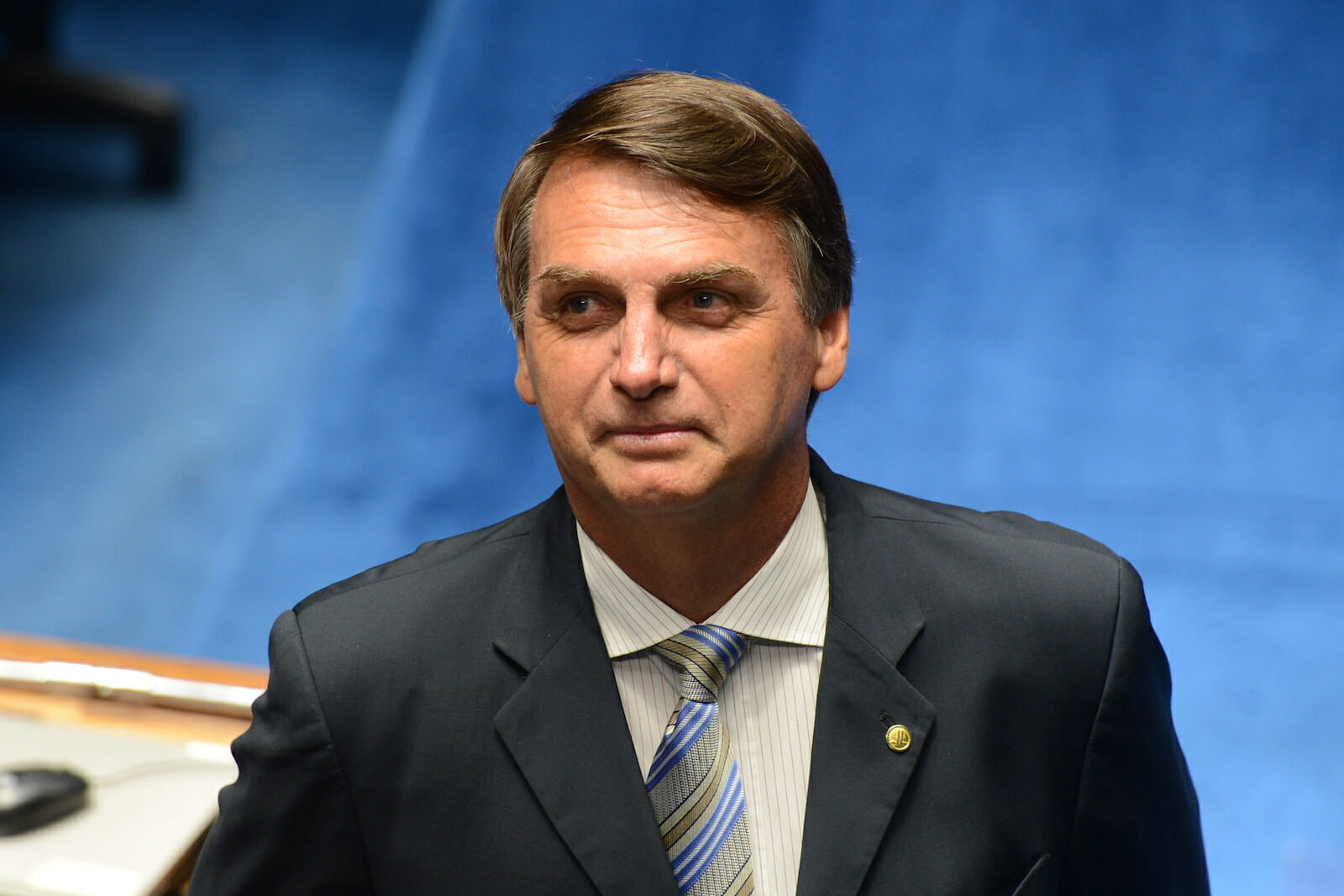
The Price of Democracy in Brazil
Last Sunday, Brazil closed another cycle of direct and democratic elections. In the lower house, Brazilian voters elected 513 legislators from 30 different parties, making the number of represented parties a record within Brazil’s government. The strangest aspect of how the newly elected officials got into office is that only 27 legislators, obtained enough votes to get a seat in the national parliament. The remaining 486 legislators were elected thanks to these famous 27 under the electoral quorum and the party quorum.
The electoral quorum to elect a legislator is determined by the number of minimum votes that a party or a coalition needs to elect legislators. The party quorum is determined by the number of spots it has the right to have. In the lower house, the seats are awarded in proportion to the votes that each party or coalition wins. The elected candidates are those who win the most votes within each party or coalition.
The electoral quorum is the reason that there are 50 plus active political parties in Brazil. Candidates enroll in parties where they have the best chance of winning which incentivizes candidates to change parties so they can benefit from the system in place. Amongst the 30 parties which elected legislators in the 2018 election cycle, the most prominent are the Worker’s Party (PT) and the Social Liberal Party (PSL). PT saw its presence shrink from 69 to 56 members while PSL skyrocketed its presence, from 1 in 2014 to 52 members in 2018.
Having Brazil’s parliament composed of 30 different parties reflects Brazil’s re-democratization. Brazilians elected new representatives in 2018 and old state chiefs and clans who dominated the political scene for the last 20 years were not reelected. This shift in voting patterns replaced over 50% of the legislators, making this election cycle the most significant renovation since 1998.
In 2018, Brazilians elected 262 new legislators and reelected 251, demonstrating Brazilians’ exhaustion with the same old political makeup. With the advent of social media, the 2018 candidates used YouTube, Facebook, Twitter, and WhatsApp to launch their political campaigns, show their platforms, and directly engage with the public. As a result, WhatsApp has become the largest source of information throughout the election cycle. This created some tension with some parties appealing in vain to the Supreme Electoral Tribunal to block and ban the app.

As for the upper house, the Senate, the revolutionary voting patterns followed the same trend and were even stronger. Different from the lower house, senators are elected by a majority of votes. Brazilians elected 46 new senators. 32 former senators ran but only 8 were reelected, making the percentage of the renovation over 80%, representing 21 different parties. The upper house holds 81 representatives, of which 27 are in the middle of their mandate. In Brazil, the mandate for senate lasts 8 years. Every four years senators are elected, this year there were 54 or two-thirds, and in the next four years, there will be 27 or one-third.
In terms of governors, 13 parties will be represented throughout Brazil. Twenty governors ran for reelection with only half succeeding. PT has four governors concentrated in the northeastern region and for the first time, PSL has three elected governors. Brazilian Social Democratic Party (PSDB) has three elected governors in the most extensive electoral state, Sao Paulo, having reigned in the state since 1995.
This year’s election cycle was the most discussed presidential election in Brazil, with a right-wing politician, Jair Bolsonaro (PSL), winning following a 27-year long career in Brazilian politics. Although controversial, Bolsonaro and his party PSL are the new leaders in town as reflected in the drastic turnover described in the other wings of Brazil’s elected government. Votes for the representatives in the lower and upper house of the parliament, around the 27 states, and the president’s office sent the message that Brazilians were discontented and tired of the disappointing 13 years of left-wing dominance in government. In addition to the corruption scandals involving bribes, lies, and money laundering, the economic crisis was the last straw that resulted in Brazilians voting far right in 2018.
Within the parliament, right-wing politicians secured more than 50% of the political representation while the upper house, or Senate, is composed of 61 PSL senators out of a total of 81. With more than 14 million unemployed people, Brazilians who elected these representatives were yearning for change. In addition, the number of Brazilians who migrated to other countries spiked 165% since 2011. In 2017 alone, over 20,000 Brazilians officially left the country according to data from the Federal Police. A high crime rate, excessive violence, and more than 553,000 murders in the past 11 years, a higher death toll than in Syria, have all been motivators for Brazilians to flee their country of origin.
Violence and the lack of opportunities are the reasons Brazilians look for better life opportunities elsewhere. According to polls by Folha de Sao Paulo, 43% of Brazilians said they would leave the country if they had the opportunity. Among teenagers and young adults, the number is even more alarming, with 62% claiming they would migrate for better opportunities. In the 2018 elections, there were 500,727 Brazilians able to cast absentee ballots in 99 countries, the majority of whom also voted for Bolsonaro, further proving that the Brazilian diaspora continues to sympathize with the Brazilians who remain in their country of origin.
A country such as Brazil, where the economy is very unstable, it is difficult to find jobs, and the bureaucracy hinders the creation of new businesses, Brazilians are encouraged to find job security by passing public tests to become a public server. Careers in public service provide stability and alleviate worry about maintaining a job. In one public server test to become a civil police officer in Londrina-Parana, a mid-size city in southern Brazil, there were a record 41,000 people competing for just 100 spots. In a country where a large part of the population hopes to pass public service tests to guarantee economic stability while another large group is migrating, both scenarios indicate that all Brazilians want a safe, economically stable country.
Bolsonaro and all the elected politicians bring hope to Brazil. The price of democracy entails union, not segregation. Democracy is a means for the people to choose their leaders and to hold their elected officials accountable for their policies and their conduct in office. Just an hour after the results of the presidential elections, there were online campaigns against Bolsonaro on social networks. The Brazilians who oppose him should not advocate violence against the president-elect and must remember that Brazilians are strong and fearless. Brazil has impeached two presidents and imprisoned one, fought against a dictatorship, political coups, and more. We are a country which is unique, united by diversity. As a Brazilian native, I candidly ask all Brazilians to believe in the principles of democracy which were clearly demonstrated in the 2018 election cycle.

